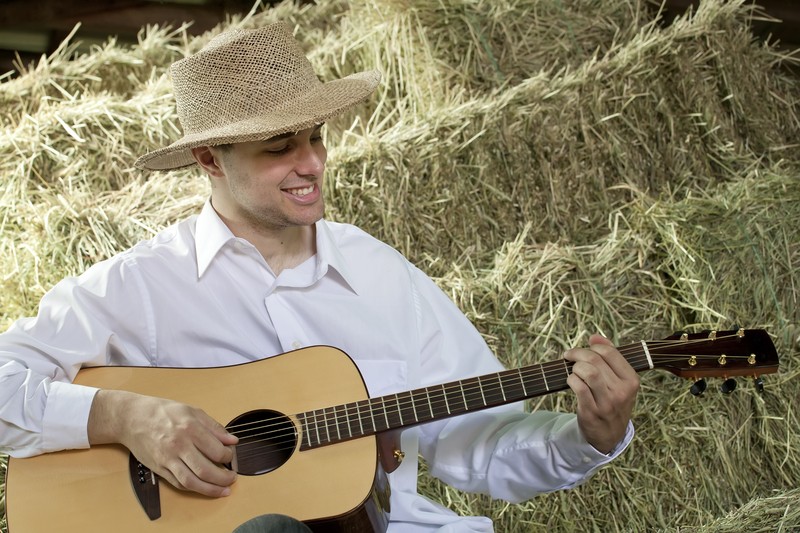A few times I have honestly wondered if these artists actually lived in my exact town!
One of the defining characteristics of modern country music is its distinctly American way of acknowledging of class and place. Country singers have long embraced their working-class roots and expressed pride in the battles they fight to make rent; the genre's everyday Joes and Janes are proud to be everyday, or maybe even a little trashy, as evidenced in older songs such as Confederate Railroad’s “Trashy Women,” and Garth Brooks's “Friends in Low Places” as well as more recent songs such as Trace Adkins’s “Ladies Love Country Boys,” Blake Shelton’s “Hillbilly Bone,” and Gretchen Wilson’s “Redneck Woman.”
This isn't the first time, of course, that country music has acknowledged the obvious point that being poor isn’t fun. Dolly Parton’s “Coat of Many Colors,” for example, walked the line between dreariness and glee, expressing pride in her mother’s coat of rags as well as stating the challenges of being broke. Hank Williams sang nostalgically of “The Old Country Church,” but he also sang, “I’ll Never Get Out of This World Alive”:
In the early ’90s and into the mid-2000s, however, a brazen “hick” attitude developed in the genre, nourished in a time of relative economic health and the intensified post-9/11 nationalism of the early aughts. Rhett Akins released the much-beloved “Kiss My Country Ass” in 2005. Blake Shelton has since adopted it as his “theme song,” with good reason: Today, Shelton is the poster boy for this particular brand of country music.
It’s only logical that the cultural climate in real-life rural areas has become visible in country music’s sentiments toward the rural lifestyle.It didn’t seem out of place to embrace a simpler life when all it meant was going without a few new dresses or sharp ties. In Garth Brooks’ 1990 song, “Friends in Low Places,” Brooks sings “Blame it all on my roots, I showed up in boots, and ruined your black-tie affair,” as he addresses his ex. He is dressed inappropriately for a formal event and uses bad manners; unlike Hank Williams, who sang of his ragged boots as a point of frustration, Brooks revels in being rough around the edges, even if he is poking fun at himself. Similarly, in “Redneck Woman,” released in 2004, Gretchen Wilson sings that she can wear WalMart clothes half-price because she doesn’t need “designer tags to make my man want me.” She frames it as a choice. It’s not that she can’t afford champagne; she prefers beer.
That’s a psychological place modern country music has tried to stay away from: The biggest country music stars in the past decade have embraced tradition and staying in the place you grew up. In “Back Where I Come From,” for example, Kenny Chesney sang, “Some say it’s a narrow place, narrow eyes on a narrow wage / But I make it a point to say that’s where I come from.” Lambert extolled the virtues of small-town celebrity over anonymity in the big city in “Famous in a Small Town” when she sang, “I dreamed of going to Nashville, put my money down and placed my bet, But I just got the first buck of the season, I made the front page of the Turner Town Gazette.”
A few times I have honestly wondered if these artists actually lived in my exact town! One thing is for sure it is sure nice to know there are plenty of other “backwoods” towns throughout the country! It is always much easier to get through a rough time when you know you are not alone. That is exactly the service that many of these songs provide, why go to a therapist, just flip on your radio!
What do you think about country music trending towards the dark side of small town life? We would love to hear your thoughts!
For more on this story take a look at: The Atlantic





No comments yet... Be the first to leave a reply!